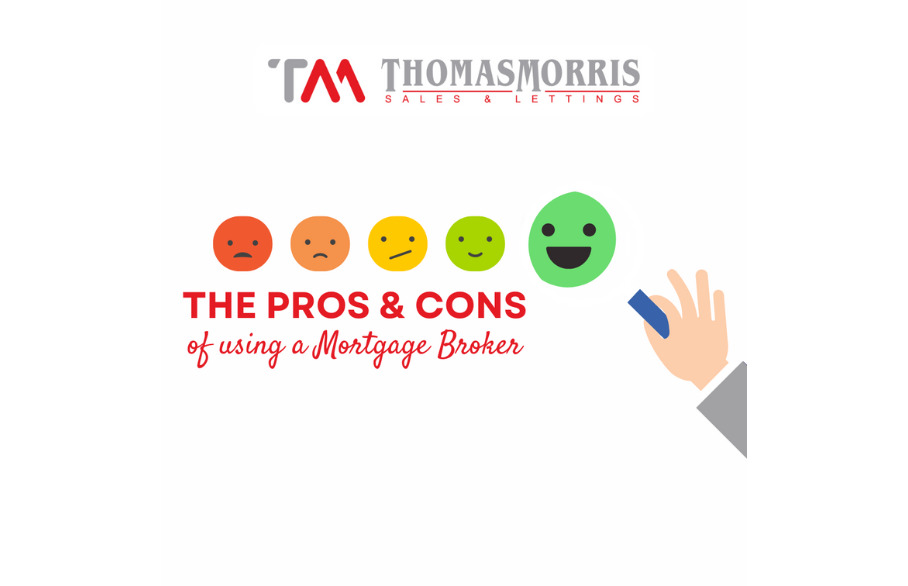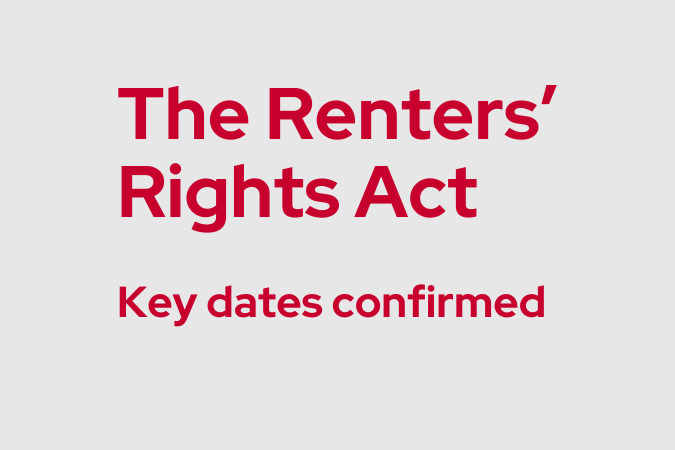The pros and cons of using a mortgage broker
Posted April 24th 2023

Should you bother with a mortgage broker or go direct to lenders yourself? Let’s look at the pros and cons of both options so you can judge for yourself.
Using a broker
Pros
- Choice – You get access to a range of products from different lenders.
- Special deals – Some lenders only work through brokers, so you’ll get access to deals that aren’t widely available. These may be cheaper.
- Less work – No scrolling through comparison sites or talking to lenders.
- Avoid hidden fees – A broker can explain the fine print so you don’t get stung.
- Documentation – They’ll help you get all the right paperwork together.
Cons
- Fees – Some brokers charge fees (others get a commission from lenders).
- Standard result – You may end up with a deal you could have gotten yourself.
- Selective access – Some brokers don’t cover the whole market but instead work with a selected panel of lenders.
Going direct to a lender
Pros
- No middleman – As a result, your application may be processed quicker.
- Loyalty rewarded – Long-standing bank customers may be given a preferential rate, especially if remortgaging.
Cons
- Inflexibility – High street banks may refuse mortgages on unconventional properties such as listed buildings or ones made from unusual materials such as wattle and daub, or concrete.
- Lending criteria – If you have a poor credit score, patchy employment history or are self-employed, high street lenders might be reluctant to lend to you.
Important: If you go with a mortgage broker, always insist on transparency over how they get paid and check they’re listed on the FCA register.
For advice about buying or selling a property, contact us today






